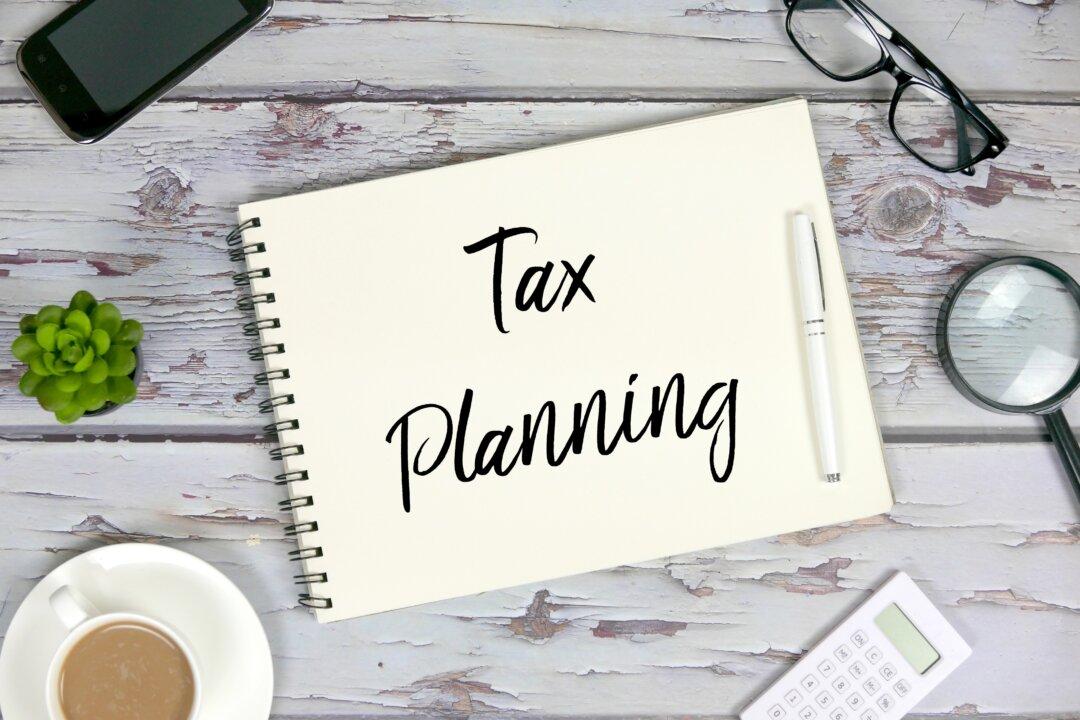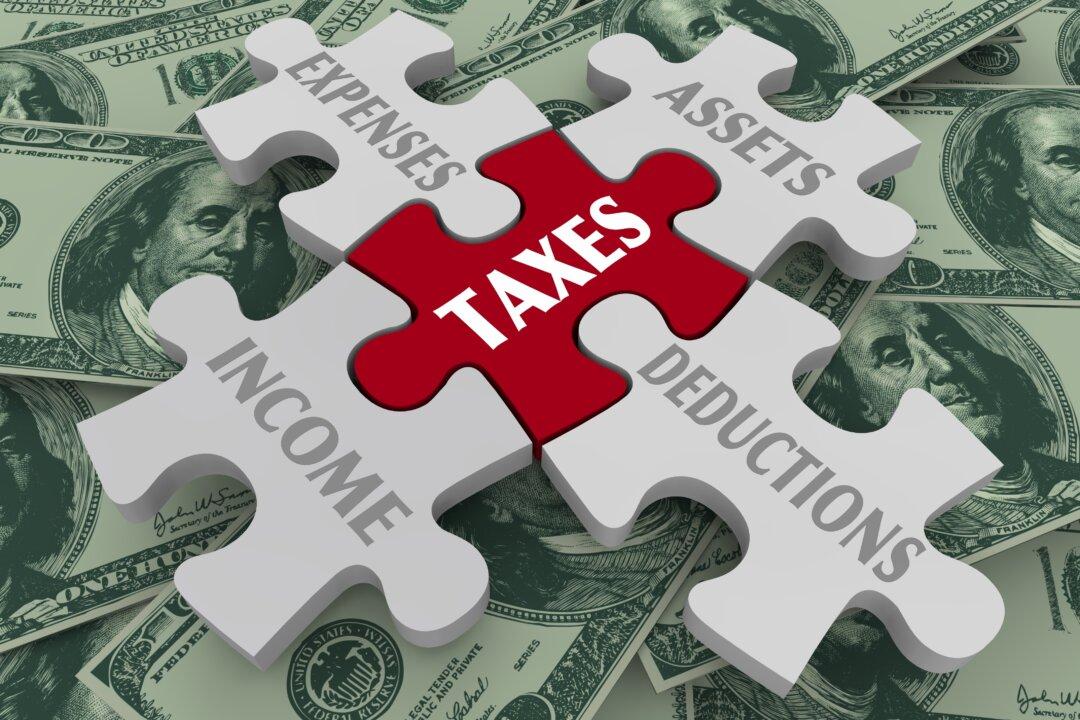Although we still have two months to go, it’s best to get to the task of noodling over our tax-related housekeeping. The decisions you make will be those intended to optimize total taxes—in other words, to minimize the sum of taxes owed for the tax years 2024–2025 estimated. End-of-year tax planning means checking your income, deductions, and payments to make certain things tax-related line up before deadlines. That way you’re not scrambling to take advantage of last-minute solutions or worrying about potential missed opportunities that may have saved you money.
Identifying potential tax-saving opportunities, such as deductions and credits, will minimize your tax liability, and proactive planning ensures you have the time needed to gather the necessary documents, make informed decisions, and avoid the stress of last-minute filing or requesting a filing date extension.






